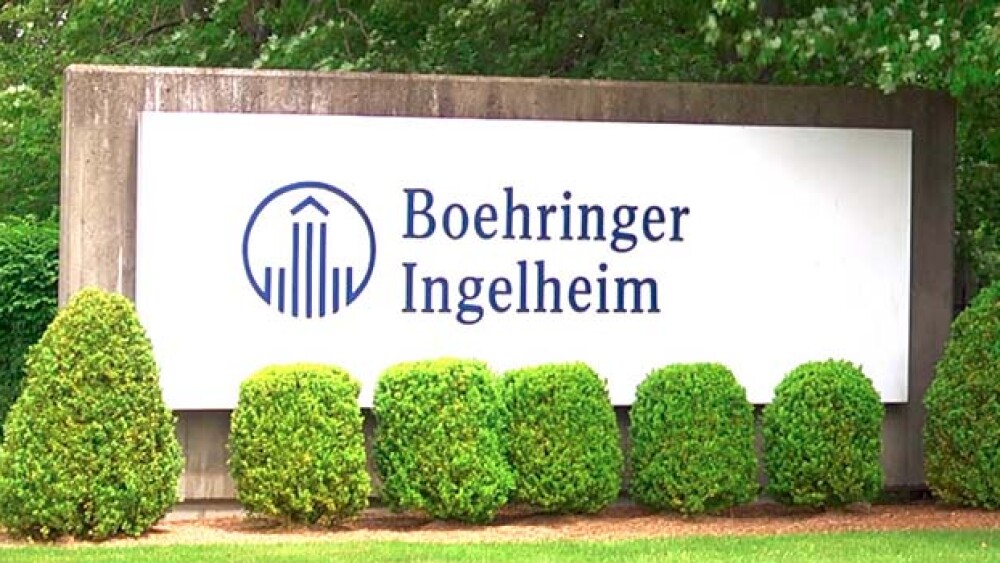Boehringer’s global head of information technology, Michael Schmelmer, will replace Menne on Jan. 1, 2018.
Apparently working for a family-owned company, even if it’s a huge family-owned company like Frankfurt, Germany’s Boehringer Ingelheim can have its challenges. Reuters reported that Simone Menne, the company’s chief financial officer, was leaving the company due to differences over company strategy.
Menne has been Boehringer Ingelheim’s chief financial officer since September 2016. Prior to that, she was chief financial officer at Deutsche Lufthansa Aktiengesellschaft. She spent 25 years with the German airline.
Boehringer stated, “In discussions on the family company’s strategy over the course of the year it became obvious that the assessments and the concepts could not always be reconciled. Simone Menne has therefore decided to pursue her career outside the company.”
Apparently, the biggest area of contention was Menne’s push for the company to go public. Reuters notes, “Monthly Manager Magazinhad reported on Thursday that her hopes were dashed that the founding family would seek a stock market listing or enter the bond market, leading to frictions with the chief executive and great-grandson of the company’s founder, Hubertus von Baumbach.”
Boehringer’s global head of information technology, Michael Schmelmer, will replace Menne on Jan. 1, 2018. He will also join the company’s management board.
The company’s most recent scientific update was on Dec. 12, when it announced it was initiating GioTag, a study to evaluate the impact of sequential therapy in patients with EGFR mutation-positive (M+) advanced non-small cell lung cancer (NSCLC). The study will analyze 190 patients who received tyrosine kinase inhibitors (TKI) – afatinib in first-line treatment, followed by osimertinib as second-line treatment. Total time on treatments will be evaluated.
It will analyze data from 65 study centers in 11 countries. Additional data on mutations post-treatment regimen with osimertinib will also be collected.
“Treatment decision-making is becoming more complex due to the increasing number of treatment options that are now thankfully available for patients with EGFR mutation-positive lung cancer,” said Victoria Zazulina, Global Head of Solid Tumour Oncology, Medicine at Boehringer Ingelheim, in a statement. “By making more data available through this real-world study, we will know more about the impact of multiple lines of targeted therapy on patient outcomes. In addition, the data will provide valuable insights to guide our continued development of next-generation breakthrough therapies.”
Data from the GioTag are expected to be released in 2018.
“Around 50 to 60 percent of patients with NSCLC will develop a T790M resistance mutation following treatment with a first- or second-generation TKI,” said Maximilian Hochmair, coordinating investigator and medical oncology in Vienna, Austria, in a statement. “But with osimertinib, which specifically targets the T790M mutation, a second-line targeted treatment is now a realistic option, helping to delay the use of chemotherapy even further. With more targeted treatments available, it is becoming important for clinicians to understand how to optimally sequence treatments to ensure the best outcomes are achieved. This real-world study will generate important insights on resistance mutations and sequencing to further inform long-term treatment planning.”





